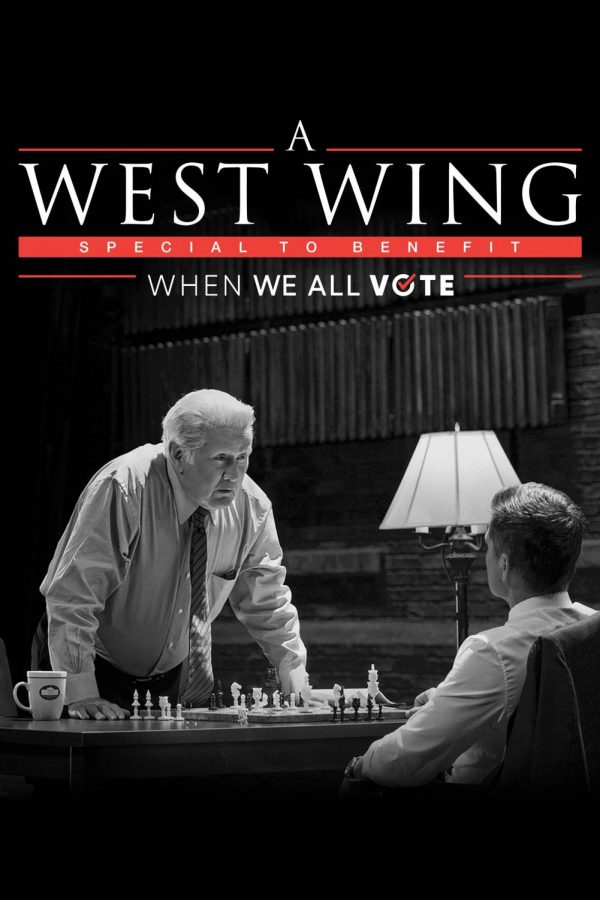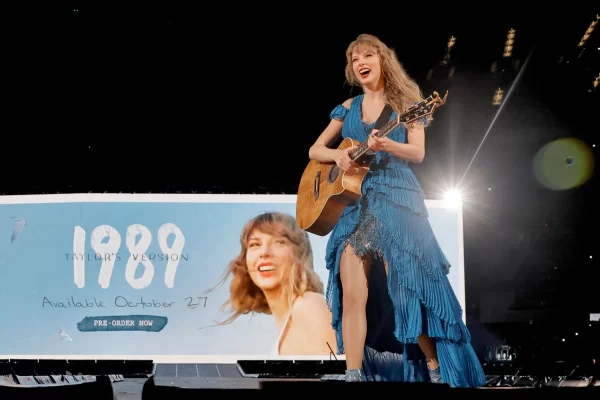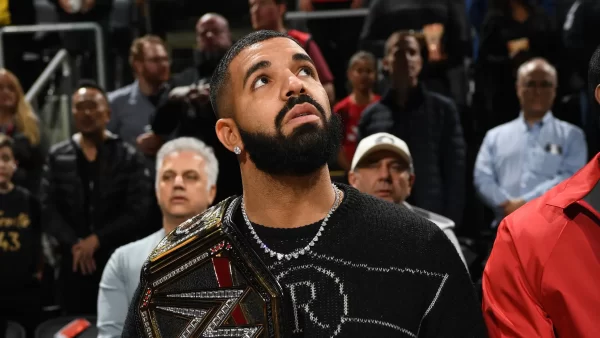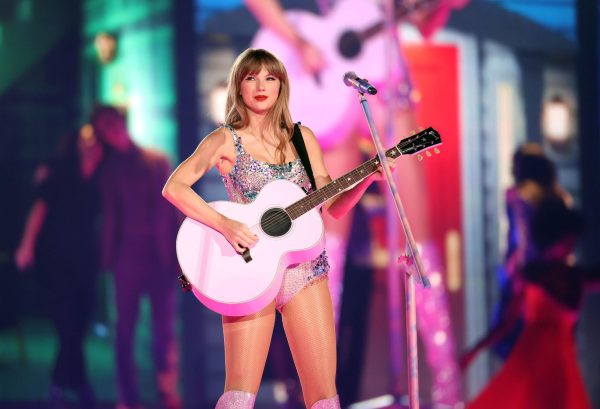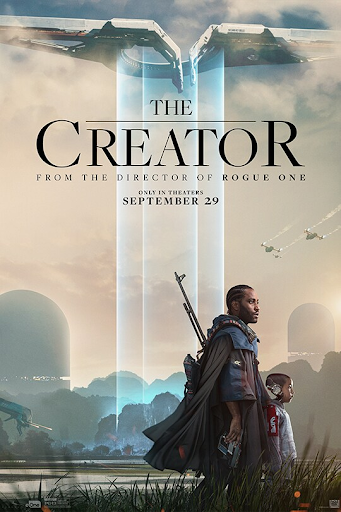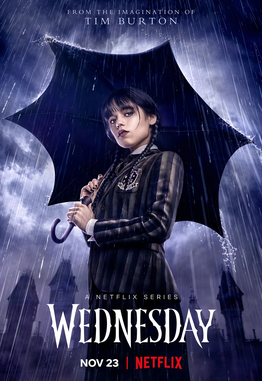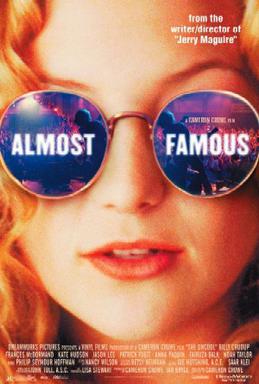Is The West Wing Still Relevant to American Politics?
On October 15, just a few weeks before election day, HBO Max released “A West Wing Special to Benefit When We All Vote,” the latest television reunion and celebrity PSA about the importance of voting. Instead of appearing in tiny rectangles on a screen, The West Wing cast gathered at the Orpheum Theatre in Los Angeles (“under the strictest COVID protocol,” they assured us) to reprise their original roles in a staged version of the classic episode “Hartsfield’s Landing.”
Airing from 1999 to 2006, The West Wing centered the personal and political drama of the staff of the fictional Josiah Bartlet (Martin Sheen) administration, which by some accounts, was modeled off of the Clinton administration—minus the scandals and triangulation. The possibility of a West Wing reboot has been teased for years. Creator and writer Aaron Sorkin even envisioned a version with Sterling K. Brown—who fills in for the late John Spencer as Chief-of-Staff Leo McGarry in this reenactment—in the oval office. Perhaps this casting choice signals a future project. Aside from act break speeches from prominent political figures, actors, and cast members, there was no new material.
The mission of this reunion aligns with the titular subplot of the episode: residents of a fictional small town called Hartsfield’s Landing are the first in the nation to vote in the primary election. Since there are only 42 registered voters in this town, results are released just minutes after the vote takes place. Hartsfield’s Landing has an impressive record of predicting the winner and more importantly dominates press coverage on election day as news outlets await results from the rest of New Hampshire. Deputy Chief-of-Staff Josh Lyman (Bradley Whitford) enlists his assistant Donna Moss (Janel Moloney) to convince former Barlet supporters, who have since decided to vote for his opponent, to support his reelection bid.
Although the importance of voting in this election cannot be overstated, constant reminders from companies and celebrities to vote can feel performative and trite. The West Wing special anticipates this criticism and exhibits an awareness that this episode could appear self-righteous, which is already a frequent criticism of Sorkin’s works. In his opening remarks, Whitford, says “at a time like this that the risk of appearing obnoxious is too small a reason to stay quiet if we can get even one new voter to vote.”
On the off chance that a West Wing fan and HBO Max subscriber didn’t already have plans to vote, the episode may have been effective because, in typical West Wing fashion, the speeches are eloquent and compelling. Though it was an odd choice to assign him this particular topic, former President Bill Clinton delivered a powerful speech about voter suppression, ending with “if your vote really doesn’t matter, why are people working so very hard to make sure you don’t cast it?”
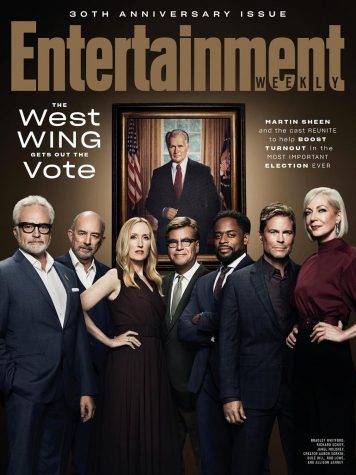
Although The West Wing includes its fair share of political commentary and revisionist versions of real events, it is first and foremost a drama that exists in a parallel world. However, in the years since its run, actors have evoked their roles in the show to support political causes. Just the night before the release of this episode, cast members participated in a virtual West Wing trivia as a fundraiser for the Biden-Harris campaign.
This reunion episode was nonpartisan in name. When We All Vote—Michelle Obama’s non-profit this episode promotes—is not affiliated with a political party, they remind us. The Trump presidency represents the polar opposite of the Bartlet administration and by evoking the values presented in the show, Sorkin and the cast were able to deliver a Joe Biden ad—without ever mentioning the name “Biden.” Though it wouldn’t have felt out of place if they did, its claim to nonpartisanship emphasizes the idea that the election isn’t really about Biden but rather, as he likes to say, “the soul of the nation.” Biden’s oratory abilities may not be up to West Wing standards, but his campaign pitch of leading with a strong moral compass aligns with the message of The West Wing. And his allegiance to the Democratic old guard fits with the show’s centrism.
The West Wing is a product of its time, but its idealism and optimism have resonated with contemporary audiences. In a time when election anxiety is compounded by a global pandemic, viewers may find comfort and nostalgia returning to the world of The West Wing. Still, the Bartlet administration leaves a lot to be desired—not unlike Biden as a candidate.
The West Wing presents a romanticized vision of politics—one where patriotism transcends party allegiance, an impassioned speech can solve any crisis, and White House officials lead with integrity and empathy. Some critics accuse The West Wing of creating a generation of political staffers with a false sense of idealism. It is not the role of a television drama to be an accurate civics lesson or representation of the daily happenings of the West Wing. But there are many valid grounds for criticism in The West Wing: its elitism, sexism, lack of diversity, and neoliberalism, just to name a few. One particularly stark example: the show added Dulé Hill, one of the only Black actors in the cast, for the role of aid to the president Charlie Young after backlash about the all-white main ensemble.
With the long-overdue reckoning with our with racial history and the widespread resurgence of the Black Lives Matter movement this past summer, there has been a greater acknowledgment of the systemic nature of white supremacy. The West Wing presents a reverence of American institutions that still frequents political rhetoric but may be less well-received by progressives today. Bartlett staffers never hesitate to call out bigotry or prejudice but they are seen as flukes in the system rather than something inherent. And more likely than not, it’s white, male, ivy league grads doing the calling out.
The West Wing portrays an aspirational view of politics—one that this special episode uses to contrast the current political landscape and offer a vision of the government as a force for good. Still, it is not necessarily the one we should aspire to.









